The sports world was left in mourning with the news that NFL legend Earl Campbell, one of the most iconic and beloved figures in football history, passed away at the age of 87 due to heart failure. Known for his bruising style of play, relentless willpower, and unmatched dedication to the game, Campbell’s impact on the sport and his contributions off the field will forever be etched into the annals of football lore. His death marks the end of an era for many who admired him, not just as an athlete but as a man of tremendous strength and character.
A Towering Figure in the NFL
Born on March 29, 1955, in Tyler, Texas, Earl Campbell grew up in a large family where hard work and perseverance were ingrained in his very soul. The youngest of eleven siblings, Campbell learned early the value of discipline and determination, traits that would follow him throughout his life and career. While his family’s financial struggles were considerable, it was football that provided Campbell an escape and an opportunity to forge a better future for himself.
Campbell’s rise to stardom began at John Tyler High School, where his ability to dominate games as a running back quickly drew attention from college scouts. But it was at the University of Texas, under the guidance of head coach Darrell Royal, where Campbell truly became a national sensation. From 1974 to 1977, Campbell established himself as one of the greatest college football players of all time, culminating in his winning the coveted Heisman Trophy in 1977.
The Houston Oilers Years: Becoming a Living Legend
After an illustrious college career, Earl Campbell was selected by the Houston Oilers as the first overall pick in the 1978 NFL Draft. His arrival in the NFL was nothing short of a revelation. At 5’11” and 232 pounds, Campbell possessed a rare combination of speed, agility, and sheer physical power. His punishing running style, which saw him bulldoze through defenders with ruthless efficiency, became his signature. Opponents quickly learned that trying to stop Campbell was akin to attempting to halt a runaway freight train.
In his rookie season, Campbell set the league on fire, rushing for 1,450 yards and 13 touchdowns, leading the NFL in both categories and earning Offensive Rookie of the Year honors. He also claimed the NFL MVP award, becoming only the second player in history at the time to win MVP as a rookie.
Campbell’s dominance continued through the early 1980s, as he led the league in rushing for three consecutive seasons from 1978 to 1980. His 1,934-yard campaign in 1980 remains one of the most memorable seasons in NFL history, as he repeatedly carried the Oilers on his back to playoff appearances. Known for his thunderous hits and ability to run over entire defenses, Campbell’s style earned him the nickname “The Tyler Rose” — a nod to his roots and his powerful yet graceful approach to the game.
But as fearsome as Campbell was on the field, he also exhibited a deep sense of humility and respect for the game, his teammates, and his opponents. His work ethic and commitment to excellence endeared him to fans in Houston and across the league, making him one of the most popular figures in the NFL.
Health Struggles and the Toll of Greatness
As much as Earl Campbell’s physicality defined his career, it also ultimately took its toll. By the mid-1980s, the years of punishing hits and relentless effort began to wear down his body. Campbell’s career ended in 1985 after stints with the New Orleans Saints, but it was the injuries and wear-and-tear that defined his post-playing life.
In the decades following his retirement, Campbell struggled with numerous health problems, including debilitating back pain and severe arthritis. The once invincible powerhouse was confined to a wheelchair by the early 2000s due to spinal issues. However, he continued to face these challenges with the same courage and determination that characterized his career. In later years, Campbell would undergo multiple surgeries and physical therapies, eventually regaining some mobility, though his health continued to deteriorate.
In many ways, Earl Campbell became a symbol of the sacrifices that professional athletes, particularly NFL players, make in pursuit of greatness. His battles with pain and injury shed light on the lasting impact of the violent, high-contact sport of football, and his story helped raise awareness for player health and safety issues in the NFL.
A Legacy Beyond Football
Earl Campbell’s legacy was not limited to the football field. He became a successful businessman, launching Earl Campbell Meat Products, which is known for its sausage and barbecue products. His company became a staple in Texas grocery stores, further endearing him to the local community.
Moreover, Campbell devoted much of his post-football life to charitable work, particularly in support of education and youth sports. His Earl Campbell Tyler Rose Award honors the top college football player from the state of Texas, ensuring that his impact on the sport continues through future generations.
Campbell also became an advocate for better treatment and support for former NFL players, particularly those dealing with health issues stemming from their careers. In doing so, he helped pave the way for broader reforms within the league, including improved healthcare for retired players and greater attention to player safety.
Mourning a Legend
As news of Earl Campbell’s passing spread, tributes poured in from across the sports world and beyond. Former teammates, coaches, and fans alike expressed their deep admiration and love for the man they called “The Tyler Rose.”
Houston Texans owner Cal McNair spoke of Campbell’s immense influence on Texas football: “Earl Campbell wasn’t just an Oiler; he was Houston. He embodied the spirit, toughness, and passion of our city. His impact on the sport and this community is impossible to measure. We mourn the loss of a legend, but we also celebrate a life of incredible achievements and inspiration.”
NFL Commissioner Roger Goodell also issued a statement: “Earl Campbell was one of the greatest players to ever grace the football field. His power, skill, and heart were unmatched, but it was his humility and generosity off the field that truly made him a legend. The NFL family mourns his loss, but his legacy will live on forever.”
Many of today’s NFL stars, including running backs who modeled their style after Campbell’s, shared heartfelt tributes. Tennessee Titans running back Derrick Henry, often compared to Campbell for his physicality and ability to break tackles, posted on social media: “Rest in Peace to one of the greatest to ever do it. Earl Campbell paved the way for players like me. I’m honored to follow in his footsteps.”
A Legend Forever
Earl Campbell’s death marks the passing of one of the NFL’s true titans, but his legacy will endure for generations. His records, his awards, and his bruising highlights will forever be celebrated by fans and historians alike. But more than that, Earl Campbell will be remembered as a man who gave everything to the game he loved, who inspired millions with his toughness and resilience, and who, even in the face of great personal adversity, never stopped fighting.
As the football world mourns, we also celebrate the life of a man who transcended the sport, whose legacy of power and heart will live on forever. Earl Campbell, gone but never forgotten.
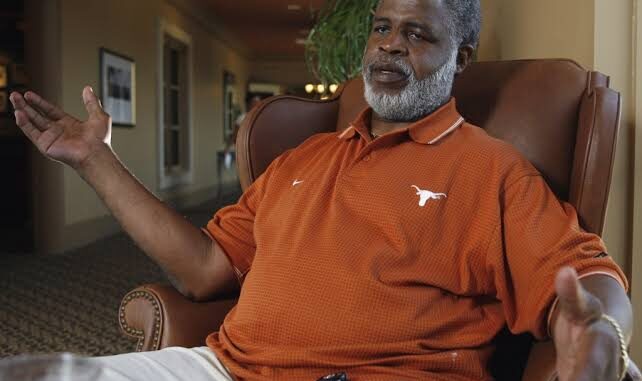

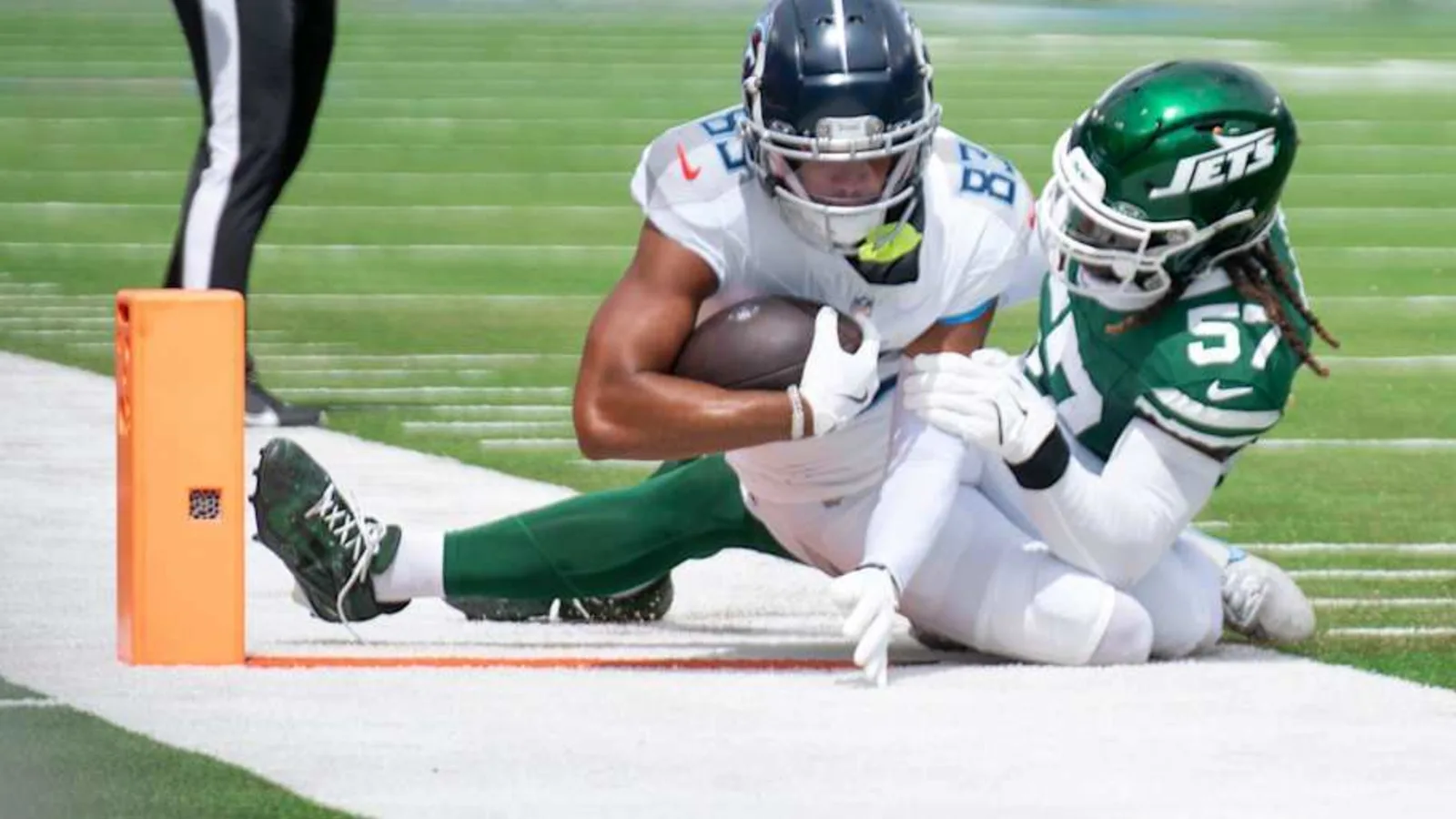

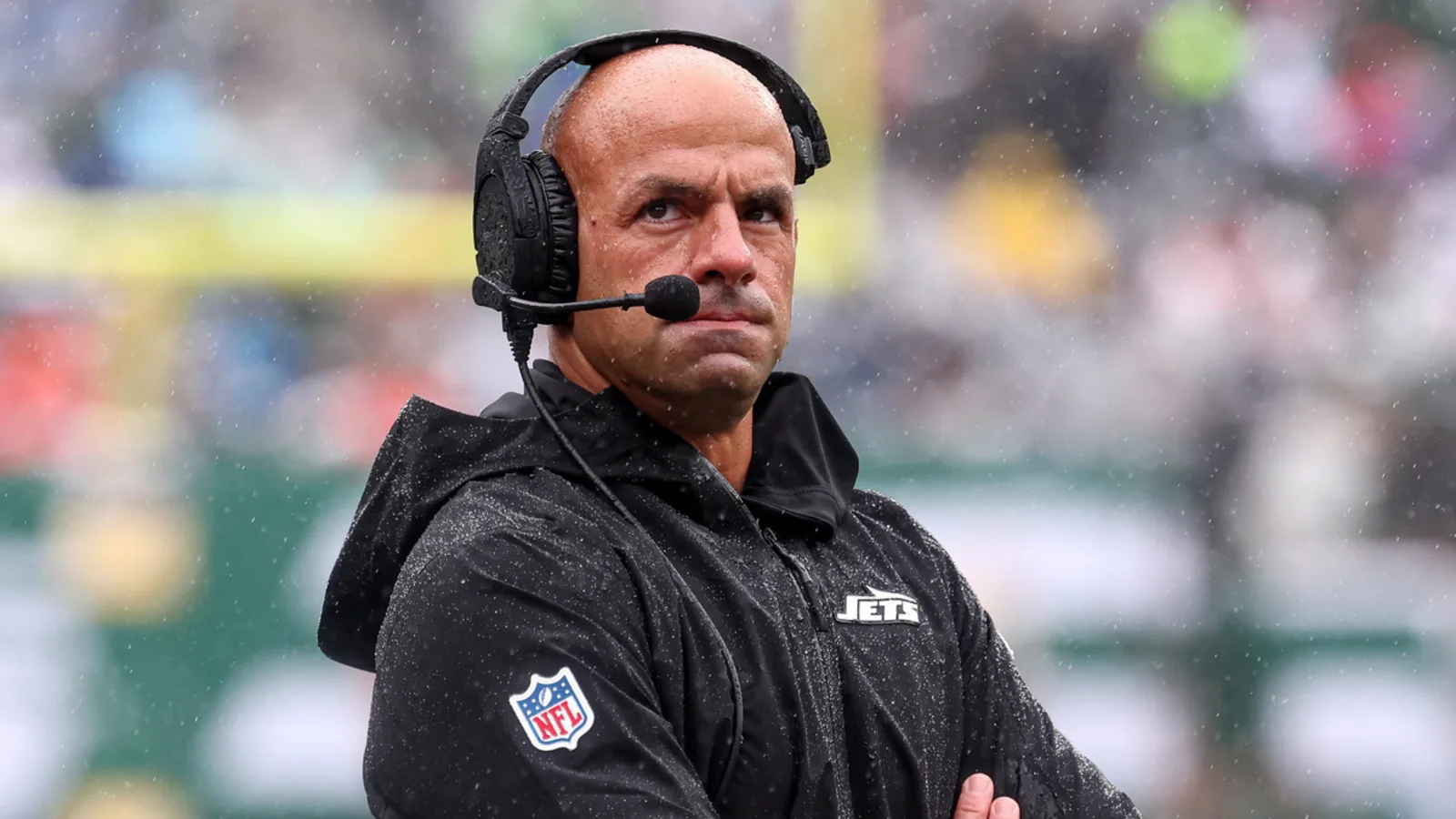
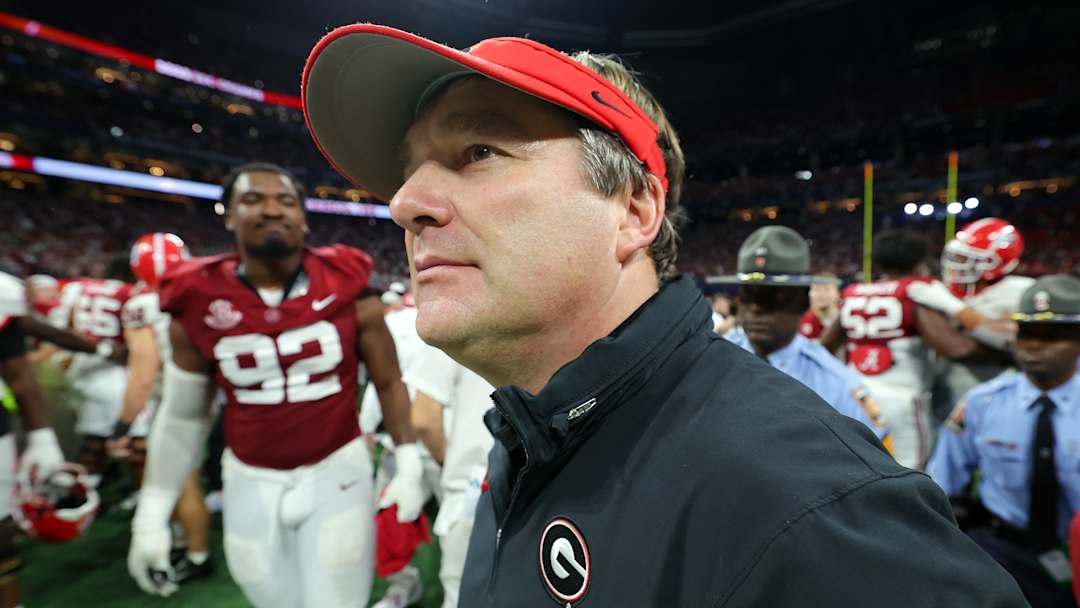

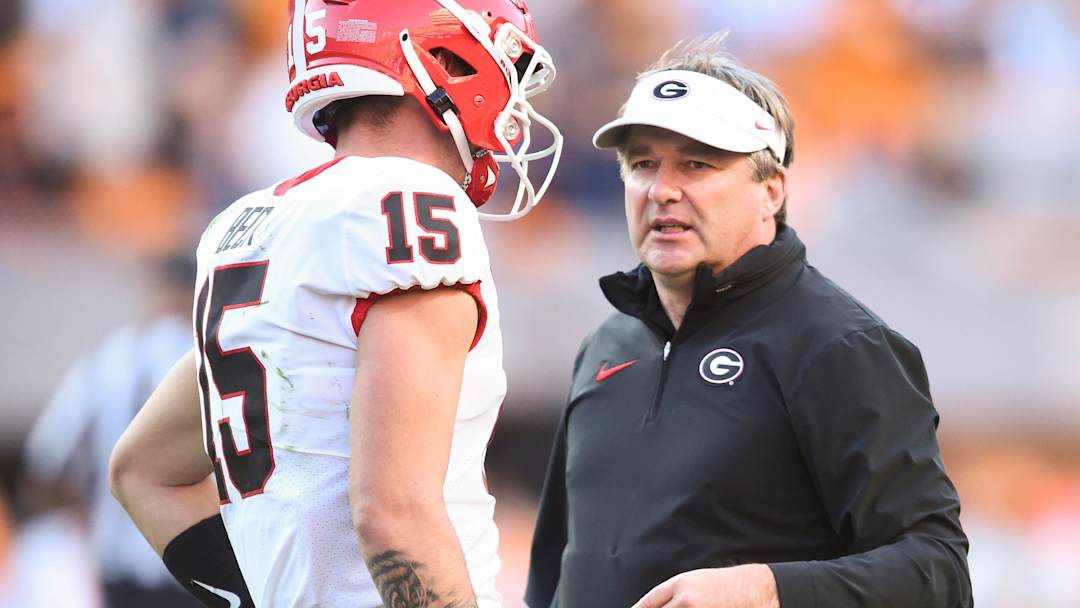
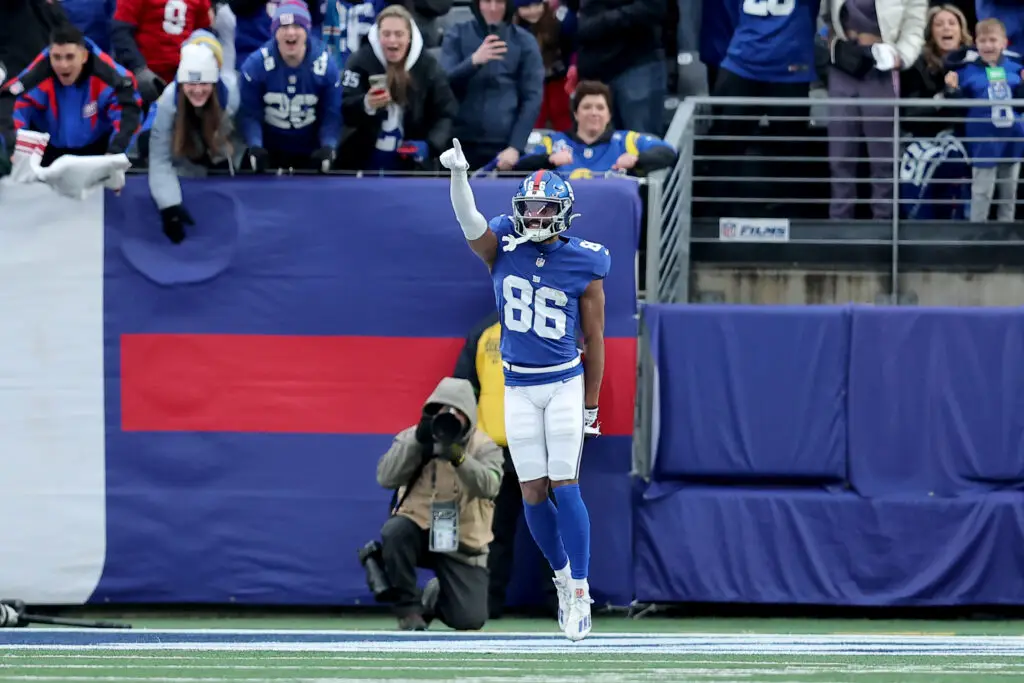





Leave a Reply